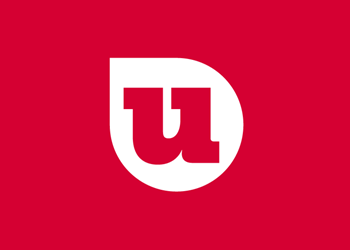Trust Your Instincts
A member shares their story to help protect others from fraud.

It started with an email.
The message appeared to be from a reputable company, claiming a charge of $50 had accidentally been made to my credit card. Normally, I would check my statement to verify a charge I didn’t recognize, but I was in the middle of doing something else so I called the number in the email instead.
That was my first mistake.
It started out like a normal dispute call. The phone representative assured me they could help refund my account, no problem. They had me sign a non-disclosure agreement with World Bank – which was a bit of a red flag – but when I inquired about it, they said it was to cover the interim refund.
I was asked to type in the date, account number I wanted the refund transferred to and the amount of the refund. The scammers had installed spyware on my computer by this point, which I didn’t realize until much later, so they gained access to my account details as I typed them out.
After I typed in $50 for the refund, I hit enter and looked up at the screen. It showed $50,000 instead. I started feeling like something was weird, but I could see the extra funds in my account, too.
The phone representative convinced me to withdraw $20,000 from my credit union account in order to fix the mistake. They made it sound very professional: a courier would come to my house to pick up the money and they’d have a passcode to identify themselves securely.
But while I’m waiting to meet the courier, I get a phone call from a guy who says the courier can’t be there to meet me. That was another red flag.
They still convinced me to meet up in a Target parking lot to hand over the money, again making it sound somewhat legitimate by saying the pickup person would verify their identity with an access code.
When I handed over the money, I immediately regretted it, realizing too late that I had been scammed.
They continued pressuring me to withdraw more cash from my account to cover the additional $29,950 they claimed I still owed them. When I attempted to make another big withdrawal, the credit union staff started asking questions.
After talking with Alexis on the fraud team, I fully came to terms with the fact that I’d been scammed. Alexis helped me block their access to my financials by closing my old accounts, transferring my remaining funds to new accounts and updating all of my automatic payments. She reassured me that these mistakes happen and it was important to move forward and learn from the experience.
Even though I worked for a credit union for 22 years, I wasn't cautious enough. In hindsight in these situations, you always go back and wonder why you did it. I wish I would have trusted myself more, and talked to someone at the credit union about the situation before I let the scammers push me into giving them my money.
Need a refresher on how to “Protect Yourself Against Fraud”? This and many more resources are available at uwcu.org.

